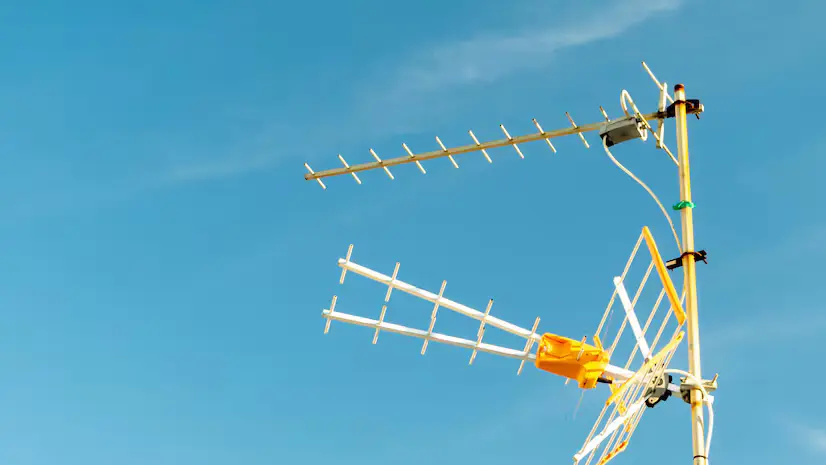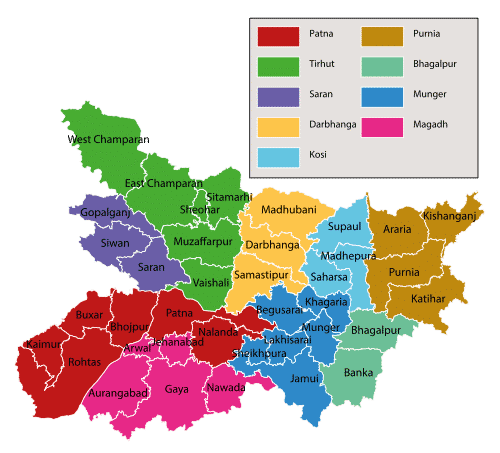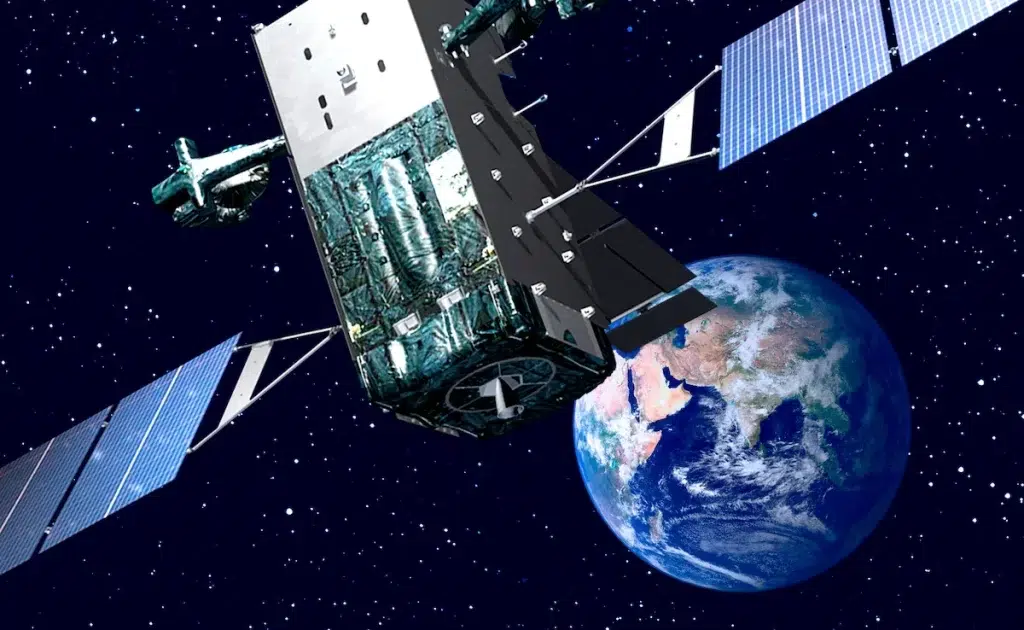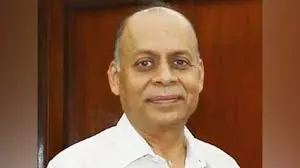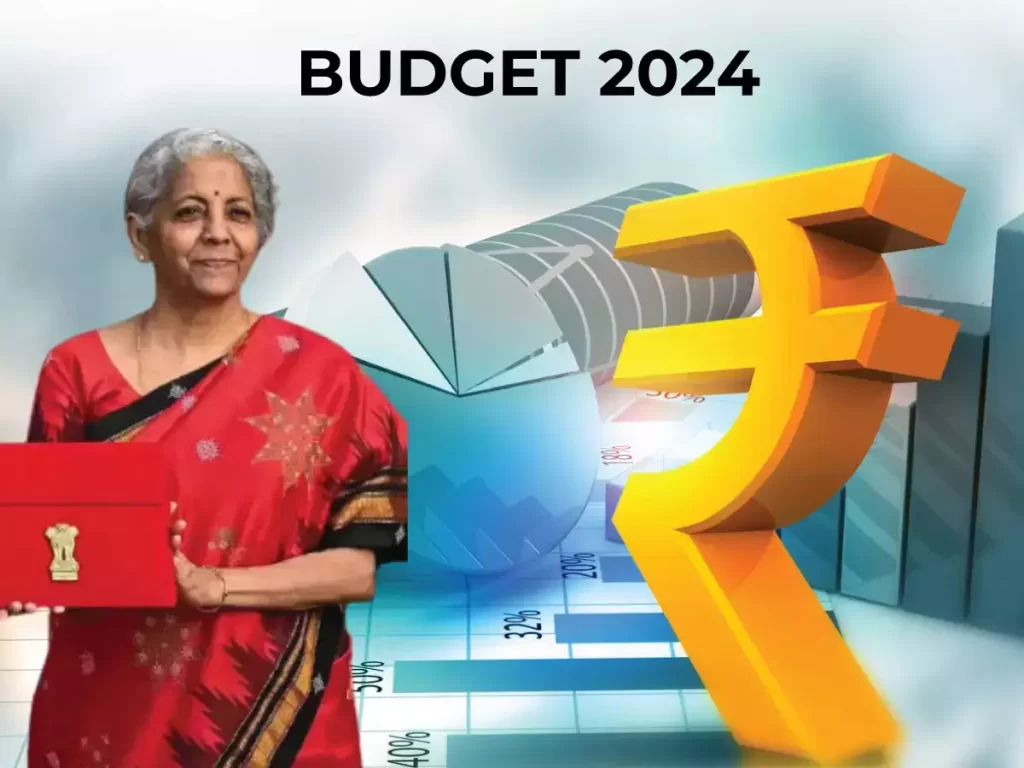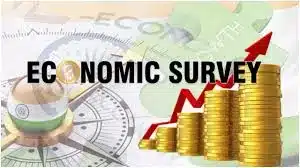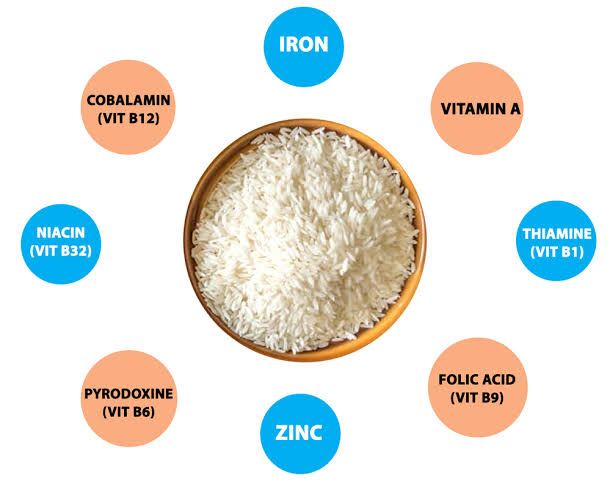National
- A disabled person can avail the benefit of reservation for promotion even if he or she was recruited in the regular category or developed the disability after gaining employment, the Supreme Court said in a recent judgement.
- The Indian Space Research Organisation (ISRO) will launch the first uncrewed mission in December, as part of the human spaceflight programme ‘Gaganyaan’.
- As part of the mandate of Gaganyaan, two uncrewed flights are planned to test the end-to-end capacity for the manned mission.
- ISRO’s heavy-lift launcher GSLV Mk III has been identified for the mission.
- A new generation nuclear capable ballistic missile Agni-P (Prime) was successfully test-fired by the Defence Research and Development Organisation (DRDO).
- With a capacity between 1,000 and 2,000 km, it followed text book trajectory, meeting all mission objectives with high level of accuracy.
- The test was conducted from Dr. APJ Abdul Kalam island off the coast of Odisha, Balasore.
- Differences from earlier Agni class of missiles: Agni-P has improved parameters including manoeuvring and accuracy. Canisterisation of missiles reduces the time required to launch the missile while improving its storage and mobility.
- India has overtaken the U.S. in the total number of COVID-19 vaccine doses administered so far.
- While India launched the vaccination drive on January 16 and administered over 32.36 crore doses till date, the U.S. which started its inoculation drive on December 14, 2020 has given over 32.33 crore doses.
- India has the capacity to store vaccines that may require a lower temperature in the range of minus 15 to minus 20 degrees Celsius and there are over 29,000 cold chain points (CCPs) across the country where vaccines are stored at the recommended temperatures, the Centre has told the Supreme Court.
- The Sputnik V vaccine requires storage at minus 18 degrees Centigrade.
International News
- Ukraine and the United States launched joint naval exercises in the Black Sea.
- The drills come just days after the British Royal Navy’s HMS Defender passed near Russian-annexed Crimea in the Black Sea, with Moscow saying it fired warning shots at the destroyer to ward it off.
- The Sea Breeze drills — which have taken place 21 times since 1997 — will involve some 5,000 military personnel from more than 30 countries.
- Russia annexed Crimea from Ukraine in 2014 and claims the waters around the peninsula as part of its territory. Most countries do not recognise the takeover and stand behind Ukraine’s claims to the waters.
- Iraq, Egypt and Jordan hold summit
- Egypt, Jordan and Iraq agreed to bolster security and economic cooperation at a tripartite summit on Sunday that saw an Egyptian head of state visit Iraq for the first time in three decades.
- The visits by Egypt’s President Abdel Fattah al-Sisi and Jordan’s King Abdullah II came as Iraq seeks to move closer to Arab allies of the United States in the Middle East.
- World’s second-biggest hydroelectric dam were officially turned on Monday in southwestern China.
- The Baihetan Dam on Jinsha river, a tributary of the Yangtze.
Economy
Finance Minister Nirmala Sitharaman announced some fresh relief measures for the economy, the first such package after the second COVID-19 wave, focusing largely on extending loan guarantees and concessional credit for pandemic-hit sectors and investments to ramp up healthcare capacities. The highlights of the relief measures shown in the picture below:
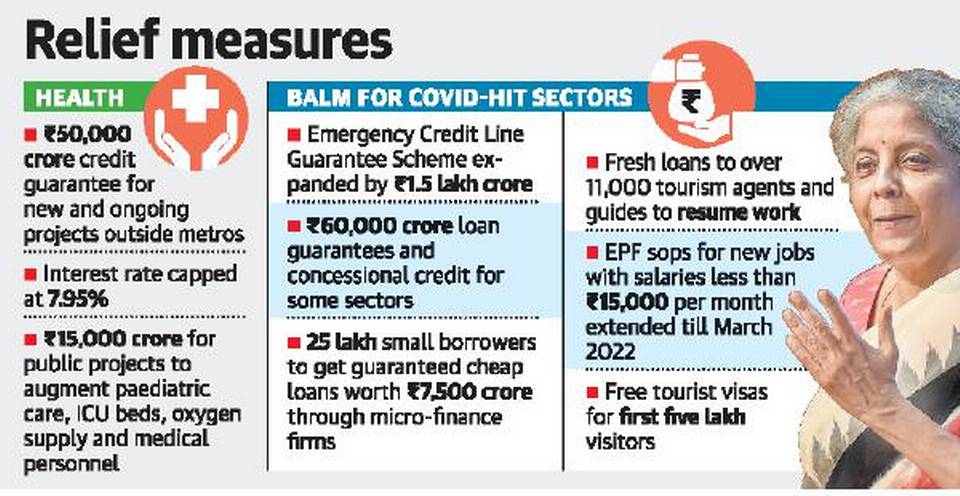
Health
- Two doses of the AstraZeneca vaccine, administered 44-45 weeks apart, generated nearly four times the level of antibodies than when the doses were given 8-12 weeks apart, says a report by the Oxford Vaccine Group, the developers of the vaccine, on Monday.
- Antibody levels remained elevated for nearly a year and a third booster dose of the vaccine, given to a subset of volunteers, also significantly boosted antibody levels to twice that after a second dose.
- A higher dose of the Chinese vaccine CoronaVac was “well tolerated and safe, and induced neutralising antibody responses in children and adolescents aged 3-17 years”, a study in the recent edition of the peer-reviewed journal Lancet Infectious Diseases has stated.
Sports
- Asian Games gold medallist Rahi Sarnobat unleashed her best performance to outclass a strong field and win the 25-metre sports pistol gold with a thumping margin in the shooting World Cup.
- Arjun Erigaisi made history in the Meltwater Champions Chess Tour by becoming the first Indian to gatecrash into the quarterfinals of the Goldmoney Asian Rapid online chess tournament.
- Ace archer Deepika Kumari, who won three gold medals in the World Cup Stage-3 in Paris, jumped to the number one spot in recurve women’s individual world rankings.
- The Board of Control for Cricket in India (BCCI) has decided to host the T20 World Cup in October-November in the UAE and Oman.
Appointments
- Vigilance Commissioner Suresh N. Patel will act as the Central Vigilance Commissioner (CVC) in the Central Vigilance Commission. The appointment was necessitated after Sanjay Kothari completed his term as the chief of the probity watchdog on June 23.
- The Appointments Committee of the Cabinet has approved the extension for Umesh Sinha, as Deputy Election Commissioner in the Election Commission of India on contract basis for another year upto July, 2022.
- The government has extended the tenure of Attorney General K.K. Venugopal by a year. Mr. Venugopal will continue as the government’s top law officer till June 30, 2022. He took over as the 15th Attorney General. Mr. Venugopal had served as Additional Solicitor General in the Morarji Desai government.
- Justice Ravi Vijaykumar Malimath was on June 28 appointed as the acting Chief Justice of the Himachal Pradesh High Court.
Awards
- P. Sainath has been selected as one of the three recipients of the Fukuoka Prize for 2021.
- Mr. Sainath will receive the ‘Grand Prize’ of the Fukuoka Prize while the Academic Prize and the Prize for Arts and Culture will go to Prof. Kishimoto Mio of Japan and filmmaker Prabda Yoon of Thailand respectively.
About Fukuoka Prize
- The Fukuoka Prize is given annually to distinguished people to foster and increase awareness of Asian cultures, and to create a broad framework of exchange and mutual learning among the Asian people.
- The Grand Prize has earlier been awarded to Muhammad Yunus from Bangladesh, historian Romila Thapar, and sarod maestro Amjad Ali Khan.
- Eleven Indians have received the Fukuoka Prize so far.
- 115 people from 28 countries and areas have received the Prize in the past 30 years. The Prize was established in 1990.
Also refer:

